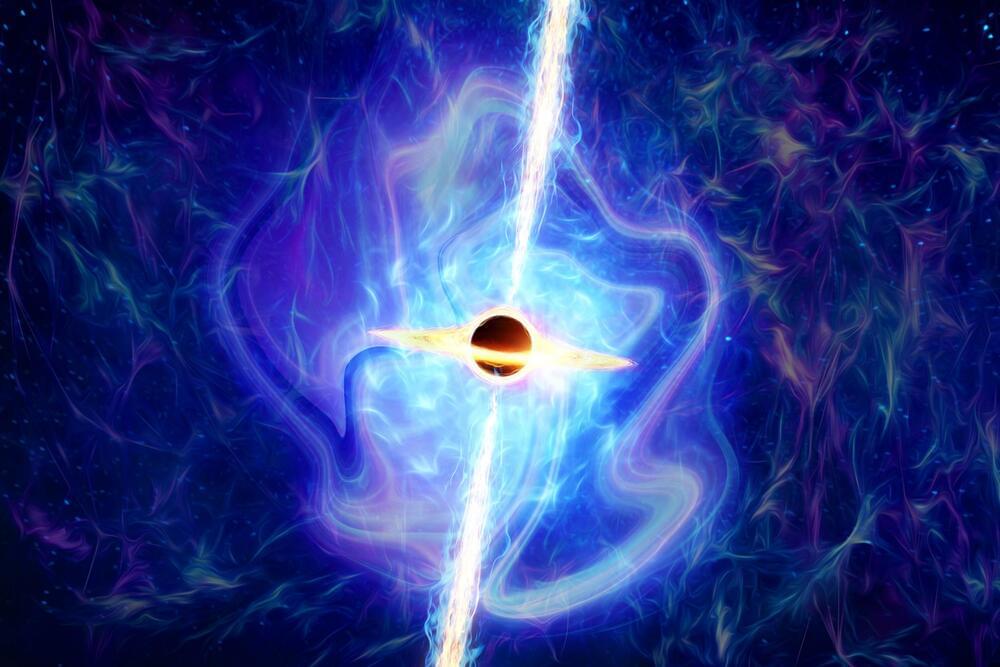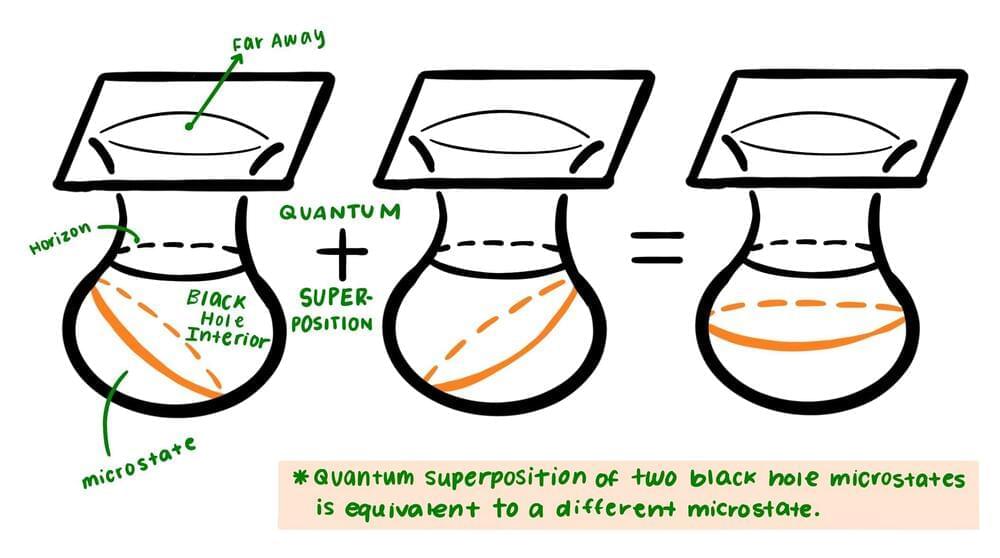The universe is expanding at an accelerating rate but Einstein’s theory of General Relativity and our knowledge of particle physics predict that this shouldn’t be happening. Most cosmologists pin their hopes on Dark Energy to solve the problem. But, as Claudia de Rham argues, Einstein’s theory of gravity is incorrect over cosmic scales, her new theory of Massive Gravity limits gravity’s force in this regime, explains why acceleration is happening, and eliminates the need for Dark Energy.
You can see Claudia de Rham live, debating in ‘Dark Energy and The Universe’ alongside Priya Natarajan and Chris Lintott and ‘Faster Than Light’ with Tim Maudlin and João Magueijo at the upcoming HowTheLightGetsIn Festival on May 24th-27th in Hay-on-Wye.
This article is presented in association with Closer To Truth, an esteemed partner for the 2024 HowTheLightGetsIn Festival.





